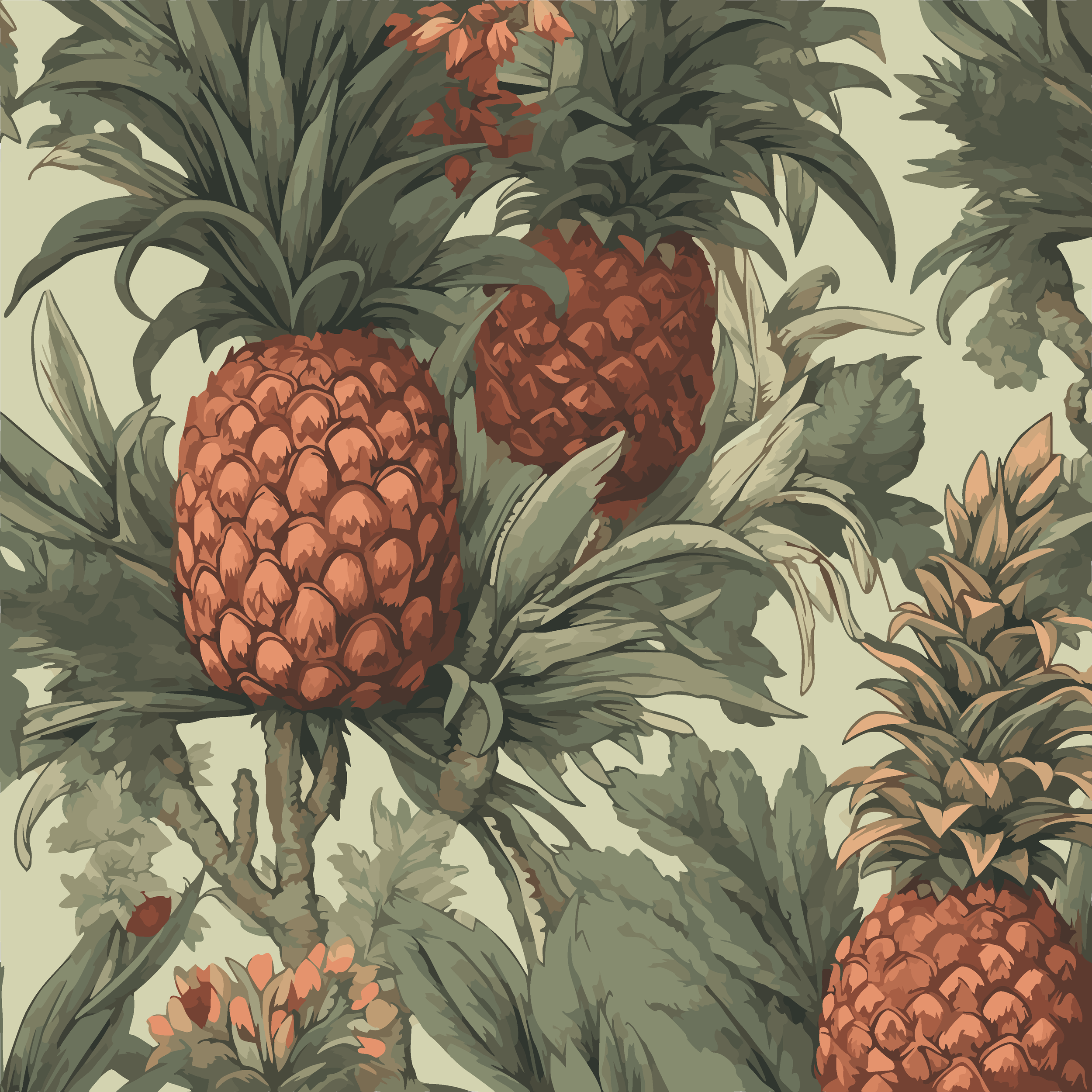
Our Take on Tiki
Let’s be up-front with Tiki and Tiki culture. In the 1950’s and 1960’s Tiki was celebrated as a tropical escapism at an affordable price. Rums were cheaper than whisky or gin and thus far more affordable for middle-class Americans. Tiki also acted as a form of nostalgia for the G.I.s who returned from World War II who may have spent time recovering from injuries in Hawaii or had fond memories of the South Pacific during their time during the war. Tiki is now seen by many as a problematic vestige of colonial nostalgia, with it’s popularity largely fading from the American psyche in the 1970s through early 2000s.
Wusong Road wants to tell the story of Tiki during the 1970s through present day, where there was a strong and largely unspoken connection between tropical fruit forward cocktails, the Tiki or ‘Polynesian’ aesthetic and American Chinese restaurants (even at Don the Beachcomber’s restaurant he famously served ‘exotic’ food which was Cantonese food with a flair of pineapple). During the 1980s through the 2000s American Chinese restaurants became the stewards of Tiki drinks during a period when Tiki culture, music and art largely faded from popularity (until the ‘craft’ TIki movement of the early 2000s).
Growing up in my parent’s American Chinese restaurant 1990’s (in Malden Massachusetts, in a place on main street called Bobo’s), Scorpion bowls, Pu Pu platters, zombies, Mai Tais’, and Peking ravioli were all the norm (fun story, Peking Ravioli—just regular pork dumplings—got their name so Joyce Chen could offer Chinese food to the Cambridge Italian Immigrant population who did not know anything about Chinese cuisine). Restaurants were the only opportunity for many Chinese families to make a living in the United States—in many cases working in or opening a Chinese restaurant was the only reason why they were even allowed to come to the United States. So ‘Tiki’ drinks and American Chinese food had grew to become Chinese restaurant standards, no one questioned their origins, their providence, or their history.
Tiki for many Chinese restaurants was not a craft movement, it was just what guests expected from your local Chinese restaurant and what most of us just grew up with. These dishes and drinks are Chinese American, because if anything Chinese food is highly adaptable and will always find a way to fit local tastes.
Wusong Road is not intended to be a ‘political’ or ‘social’ commentary on Tiki culture. Our aesthetic is tropical and has been inspired by trips to Asia, and though we may not have any ‘Tiki’ carvings in the bar, Wusong Road does celebrates the diverse tableau of the Asian American restaurant experience (and we have many other cool figural carvings from Asia that are not Tiki). Wusong Road is a Tiki bar where we thoughtfully match Asian American restaurant affordability, plush mid-century modern comfort-ability, top it off with a splash of rum and good old fashioned hospitality. So we welcome you to come escape to our little slice of paradise in Harvard Square.
Sincerely,
Chef Jason Doo